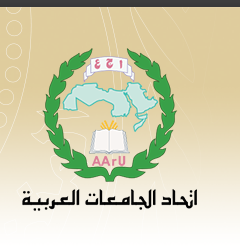Arab Journal of Administration المجلة العربية للإدارة
Abstract
The wheat is a strategic crop for the Egyptian economy, and is an essential ingredient for the production of bread. In spite of the accelerating trend to expand the area under cultivation, this does not lead to reducing the gap of wheat in Egypt. The main problem is the lack of efficiency associated with the wheat supply chain, such as transportation and storage activities, which leading to increased wastes of wheat. The prevailing trend in most of the wheat exporting countries is to limit their wheat exports, due to the increasing global demand for its use for the production of biofuels, and leading prices to increase globally. This leads to a more pressure on the Egyptian balance of payments. Accordingly, Egypt has to take an action to curb the wastes of wheat. This will not only be achieved through increased supply locally, but it must at the same time focus on giving support to the wheat supply chain capabilities. This paper aims at improving the performance of logistics activities associated with the wheat supply chain. The paper starts with examining the causal relationship between planning for the chains to supply wheat in Egypt and the amount of the gap in wheat, and it turns to highlight the required development of the wheat logistics system in Egypt.
Recommended Citation
EL-Sakty, Khaled Dr and Ezzat, Ahmed Dr
(2018)
"The Impact Study of Logistics System Efficiency of Wheat in Egypt,"
Arab Journal of Administration المجلة العربية للإدارة: Vol. 38
:
No.
1
, Article 2.
Available at:
https://digitalcommons.aaru.edu.jo/aja/vol38/iss1/2

